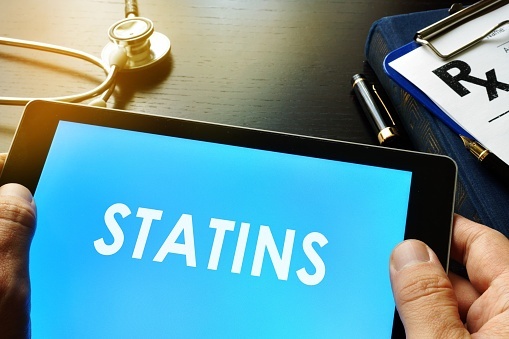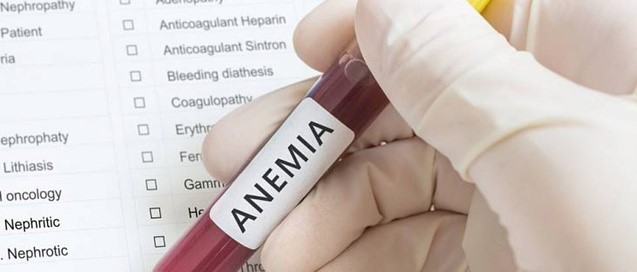
Patients with advanced chronic kidney disease (CKD) commonly develop metabolic acidosis, which may be associated with CKD progression to end-stage kidney disease. Researchers, led by Vandana S. Mathur, MD, FASN, performed an analysis to determine the relationship between the presence of metabolic acidosis and the risk of progression of CKD to dialysis or kidney transplantation. Results of the analysis were reported during a virtual poster session at ASN Kidney Week 2020 in a poster titled Metabolic Acidosis and Progression to Renal Replacement Therapy.
Using de-identified electronic health records (EHRs) (Optum®) from 2007 to 2017, the researchers identified patients with non-dialysis-dependent CKD stages 3-5 with two or more serum bicarbonate tests 28 to 365 days apart, three or more estimated glomerular filtration rate (eGFR) values <60 mL/min/1.73 m2, and two or more years of post-index data or mortality within that study period. Eligible patients were divided into two groups based on index serum bicarbonate values: (1) metabolic acidosis (serum bicarbonate <22 mEq/L) and (2) normal serum bicarbonate (22-29 mEq/L).
Progression to renal replacement therapy (RRT) was defined as initiation of dialysis or kidney transplantation, identified in the EHR data by diagnosis or procedure codes, or eGFR ≤9 mL/min/1.73 m2. Logistic regression models (2-year outcome period) and Cox proportional hazards models (up to 10 years) were used to assess the impact of baseline serum bicarbonate on RRT initiation; the models were adjusted for age, sex, race, diabetes, hypertension, heart failure, Charlson Comorbidity Index score, and baseline eGFR and log albumin-to-creatinine ratio (ACR).
A total of 51,558 eligible patients were identified; of those, 17,350 had metabolic acidosis and 34,208 had normal serum bicarbonate at baseline. The unadjusted rate of progression to RRT within 2 years was higher among patients in the metabolic acidosis group compared with those in the normal serum bicarbonate group, overall (19.6% vs 5.5%, respectively; P<.001) and at all baseline CKD stages (P<.001), with the exception of stage 5 (P=.4). There was an association with each 1 mEq/L increase in serum bicarbonate between 12 and 29 mEq/L and a 2.5% decrease in the 2-year risk of RRT initiation (odds ratio, 0.975; 95% confidence interval [CI], 0.965-0.985) and a 4.5% decrease in risk up to 10 years (hazard ratio, 0.955; 95% CI, 0.948-0.963).
In conclusion, the researchers said, “The presence of metabolic acidosis was associated with an increased risk of CKD progression to dialysis or kidney transplantation. This finding was independent of age, sex, race, pre-existing comorbidities, and baseline eGFR and ACR.”
Read more here: https://www.asn-online.org/education/kidneyweek/2020/program-abstract.aspx?controlId=3446164
Source: Mathur VS, Funk SE, Reaven NL, Tangri N. Metabolic acidosis and progression to renal replacement therapy. Abstract of a poster presented at the American Society of Nephrology virtual Kidney Week 2020 (PO0467), October 22, 2020. Funding for this poster was provided by Tricida, Inc.






 © 2025 Mashup Media, LLC, a Formedics Property. All Rights Reserved.
© 2025 Mashup Media, LLC, a Formedics Property. All Rights Reserved.